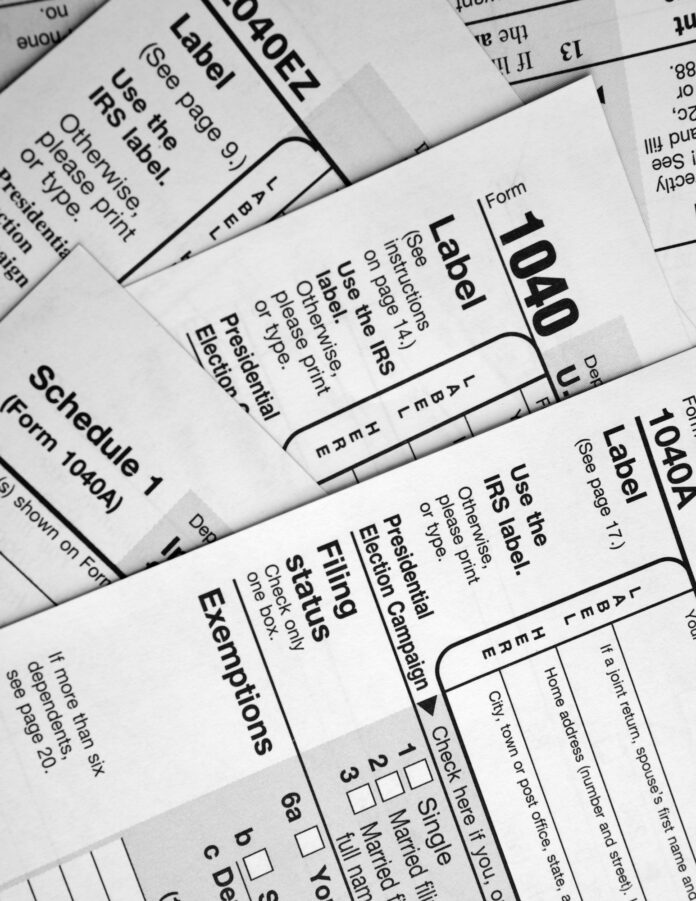CINCINNATI — As property taxes continue to rise across Ohio, lawmakers are moving forward with two new proposals designed to bring some relief to homeowners.
The Ohio House of Representatives recently passed House Bills 129 and 309, both of which stem from recommendations made earlier this month by Governor Mike DeWine’s Ohio Property Tax Working Group. The bills now head to the Ohio Senate for consideration before potentially reaching the governor’s desk.
State Rep. David Thomas called the legislation “a reasonable, informed response” to the growing frustration over escalating property tax bills that have hit communities statewide.
House Bill 129: Limiting School District Windfalls
House Bill 129 seeks to prevent sudden spikes in school district revenues that result from property value increases. The bill would change how emergency and substitute levies are calculated within the 20-mill floor formula — a baseline that affects how much districts can collect when property values rise.
For years, some school districts have benefited from this system, gaining unexpected revenue boosts when property values climbed. HB 129 would rein in those windfalls, saving taxpayers an estimated $89 million next year, $114 million in 2027, and $127 million in 2028.
Butler County Auditor Nancy Nix voiced support for the measure, saying it would “provide more transparency” and curb misleading levy language. “It would also prevent some of the large windfalls going to schools in this inflationary real estate market,” she noted.
House Bill 309: Expanding Oversight and Transparency
The second measure, House Bill 309, focuses on giving county budget commissions more power to review and adjust local government levies. Under the proposal, commissions could lower millage rates if they determine a local taxing authority would otherwise collect more than necessary.
The bill also clarifies the commission’s oversight authority, aiming to make property tax decisions more transparent and accountable.
Nix said the impact of HB 309 is still uncertain but believes it would place a greater oversight role on her office, which administers the county budget commission. “I understand the intent of the legislation and can support it in theory,” she said, while noting that some taxing districts may resist the added scrutiny.
A Step Toward Broader Reform
Both bills are part of a wider conversation about how to stabilize Ohio’s property tax system. The governor’s working group, made up of local government and education leaders, unanimously recommended advancing both measures — though some, including Paul Imhoff of the Buckeye Association of School Administrators, say more changes are needed.
Imhoff warned that even with these reforms, some taxpayers could still see increases over time. “We certainly don’t want to do anything that raises property taxes,” he said, adding that school officials are already collaborating with senators to fine-tune the legislation.
Republican lawmakers previously included several tax reform items in the state budget, but most were vetoed by Gov. DeWine last session. While Democrats argue that the new bills won’t immediately lower bills for most Ohioans, supporters insist they are an important first step toward restoring fairness and stability.
“This isn’t the final solution,” Rep. Thomas said, “but it’s progress. We’re protecting taxpayers and taking the first step toward a more balanced property tax system.”
